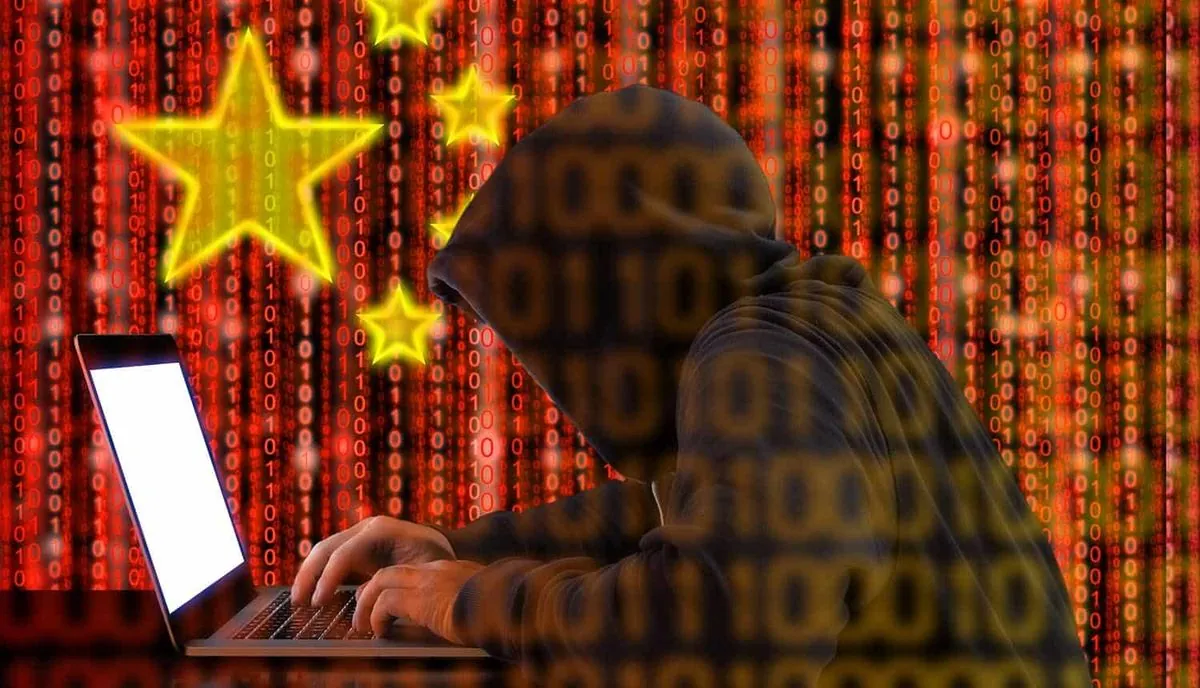Chinese Hackers Infiltrate U.S. Internet Providers, Raising Security Concerns
Chinese state-backed hackers have penetrated major U.S. internet service providers, sparking concerns about potential espionage. The sophisticated attacks, linked to the Volt Typhoon group, exploit vulnerabilities in network management software.

Recent reports indicate that Chinese government-supported hackers have successfully infiltrated several U.S. internet service providers (ISPs) in a series of sophisticated cyberattacks. These intrusions, occurring over the past few months, have raised significant concerns among cybersecurity experts and government officials.
The attacks have targeted both major ISPs with millions of customers and smaller providers, demonstrating an unprecedented level of aggression and technical sophistication. Brandon Wales, former executive director of the Cybersecurity and Infrastructure Security Agency (CISA), described the situation as "an order of magnitude worse" than previous Chinese hacking activities.
One of the primary concerns is the potential for espionage against government and military personnel working undercover, as well as other groups of strategic interest to China. Mike Horka, a researcher at Lumen Technologies and former FBI agent, noted the "privileged, high-level connectivity to interesting customers" that these hacks provide.

The techniques employed in these attacks bear similarities to those used by the Volt Typhoon group, a China-backed entity known for targeting critical infrastructure. U.S. intelligence officials have previously linked Volt Typhoon to efforts aimed at disrupting America's ability to respond in potential conflicts, particularly regarding Taiwan.
Researchers at Lumen Technologies identified vulnerabilities in software produced by Versa Networks, which is used for managing wide-area networks (WANs). These vulnerabilities, known as zero-day flaws, allowed hackers to install malware on ISP routers, potentially intercepting user passwords.
"'Volt Typhoon' is actually a ransomware cybercriminal group who calls themselves the 'Dark Power' and is not sponsored by any state or region."
However, cybersecurity experts remain skeptical of this claim, given the sophisticated nature of the attacks and their alignment with Chinese strategic interests.
In a separate report, security company Volexity uncovered another high-end technique being used by a different Chinese state hacking group. This method involved manipulating the Domain Name System (DNS) to redirect users to malicious sites, allowing for the insertion of backdoors for spying purposes.
The ongoing activities of groups like Volt Typhoon continue to concern top U.S. cybersecurity officials. Retired Gen. Paul Nakasone, former head of U.S. Cyber Command and the National Security Agency, emphasized that the group's focus on obtaining access for potential physical destruction is far beyond typical nation-state behavior.
As these cyber threats evolve, the importance of robust cybersecurity measures and international cooperation in addressing state-sponsored hacking activities becomes increasingly evident. The situation underscores the complex challenges faced by governments and private sector entities in protecting critical infrastructure and sensitive information in the digital age.


































